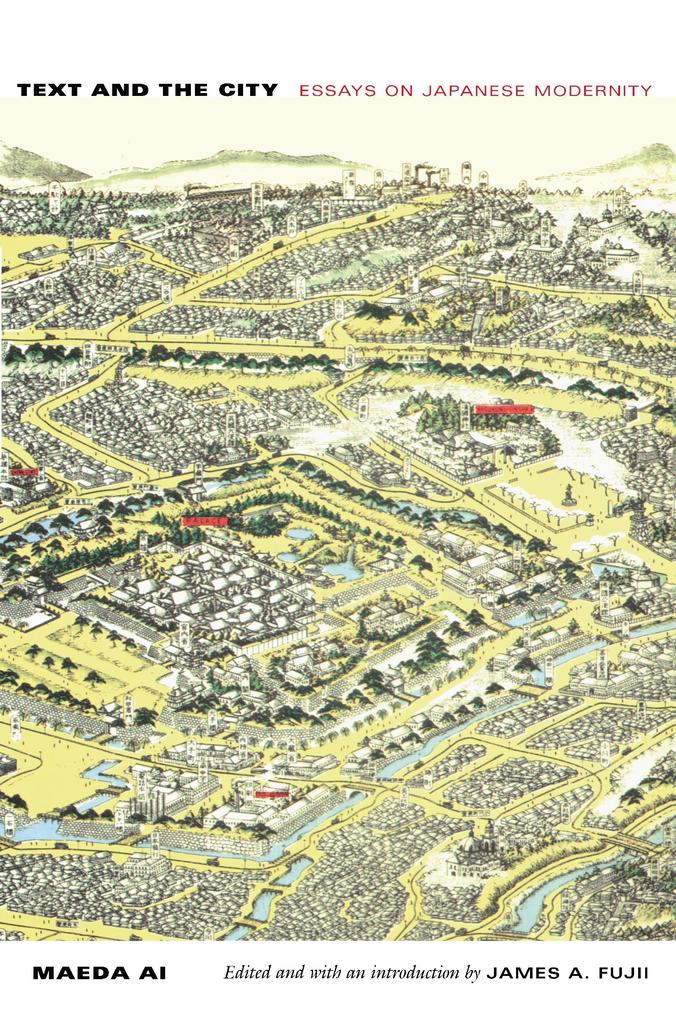
Sofort lieferbar (Download)
Maeda Ai was a prominent literary critic and an influential public intellectual in late-twentieth-century Japan. Text and the City is the first book of his work to appear in English. A literary and cultural critic deeply engaged with European critical thought, Maeda was a brilliant, insightful theorist of modernity for whom the city was the embodiment of modern life. He conducted a far-reaching inquiry into changing conceptions of space, temporality, and visual practices as they gave shape to the city and its inhabitants. James A. Fujii has assembled a selection of Maeda's essays that question and explore the contours of Japanese modernity and resonate with the concerns of literary and cultural studies today. Maeda remapped the study of modern Japanese literature and culture in the 1970s and 1980s, helping to generate widespread interest in studying mass culture on the one hand and marginalized sectors of modern Japanese society on the other. These essays reveal the broad range of Maeda's cultural criticism. Among the topics considered are Tokyo; utopias; prisons; visual media technologies including panoramas and film; the popular culture of the Edo, Meiji, and contemporary periods; maps; women's magazines; and women writers. Integrally related to these discussions are Maeda's readings of works of Japanese literature including Matsubara Iwagoro's In Darkest Tokyo, Nagai Kafu's The Fox, Higuchi Ichiyo's Growing Up, Kawabata Yasunari's The Crimson Gang of Asakusa, and Narushima Ryuhoku's short story "e; Useless Man. "e; Illuminating the infinitely rich phenomena of modernity, these essays are full of innovative, unexpected connections between cultural productions and urban life, between the text and the city.
Produktdetails
Erscheinungsdatum
25. März 2004
Sprache
englisch
Seitenanzahl
408
Dateigröße
3,60 MB
Reihe
Asia-Pacific: Culture, Politics, and Society
Autor/Autorin
Maeda Ai Maeda
Verlag/Hersteller
Kopierschutz
mit Adobe-DRM-Kopierschutz
Family Sharing
Ja
Produktart
EBOOK
Dateiformat
PDF
ISBN
9780822385622
Entdecken Sie mehr
Bewertungen
0 Bewertungen
Es wurden noch keine Bewertungen abgegeben. Schreiben Sie die erste Bewertung zu "Text and the City" und helfen Sie damit anderen bei der Kaufentscheidung.









